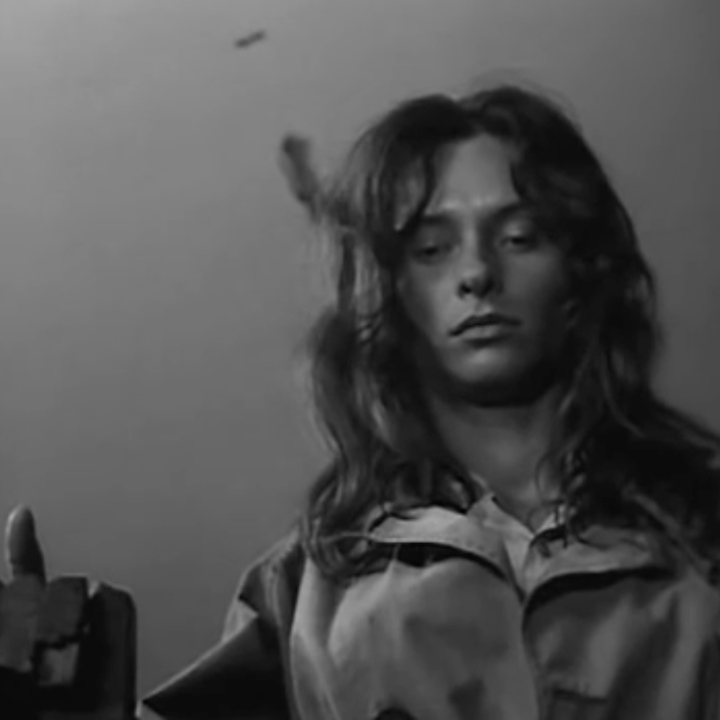The End of August at the Hotel Ozone (1967)
I have an old love for the post-apocalyptic genre. Yet I tend not to like the big budget blockbusters that rely on sets, explosions, and starkly delineated characters. And while I became obsessed with The Road Warrior in high school, I also fell in love with another Australian post-apocalyptic movie, The Quiet Earth. And this is the type of post-apocalyptic story I enjoy: a slow burn with realistic characters that explores the emotional realities of living beyond the end.
And so I present to you the Czech film The End of August at the Hotel Ozone.

The film is about a group of six young women who all grew up after the apocalypse. The apocalypse itself is not named, but was probably a nuclear war. The events of the film take place fifteen years later and while we see some crumbling buildings, the world is mostly overgrown with vegetation. While the group gathers supplies and hunts, it seems oddly unworried about survival. Instead, the women would rather throw random finds into a fire or abuse a stray dog. And their actions are reckless. They fish with grenades. They unthinkingly spook their horses with gun shots. They get stuck climbing in unsafe areas. What quickly becomes apparent is that these young women are like children. They have little concept about cause and effect. They also lack any creativity about how to make use of the world they find themselves in. They are still mostly reliant on canned food and gasoline for fire. And, more significantly, they have no socialization. They are a nomadic group of animals.

This group is lead by an older woman, Dagmar, who remembers the world before and does what she can to keep these young women alive. But Dagmar is no doting mother. The actor, Beta Poničanová, makes it clear with her facial expressions and body language that she is separate from the group she guides. Her emotions and thoughts are her own, though we glimpse them in moments as she drags on a cigarette and stares off, or looks hopefully at a chalk drawing, or glowers sternly at her charges. And so through Dagmar and the six women we can see the theme of parenting, or generational change, or cultural de-evolution. How we make sense of the film is up to us. It has little dialogue and no explication.

The End of August at the Hotel Ozone is not for everyone. It is slow and pessimistic. There is little dialogue. There are several moments of animals in distress or pain. That said, I think that this is a powerful little movie. I greatly appreciate it’s sparse dialogue and emphasis on visual storytelling. I love the fact that we have a group of women, but they are not helpless or sexualized for the audience. What we have instead is a meditation on survival and what it might mean to live in a world without society. What kind of future will there be if only one person remembers the past but doesn’t want to talk about it? Can we have a society if we have no shared history?
You can watch the entire film with English subtitles on Internet Archive.


